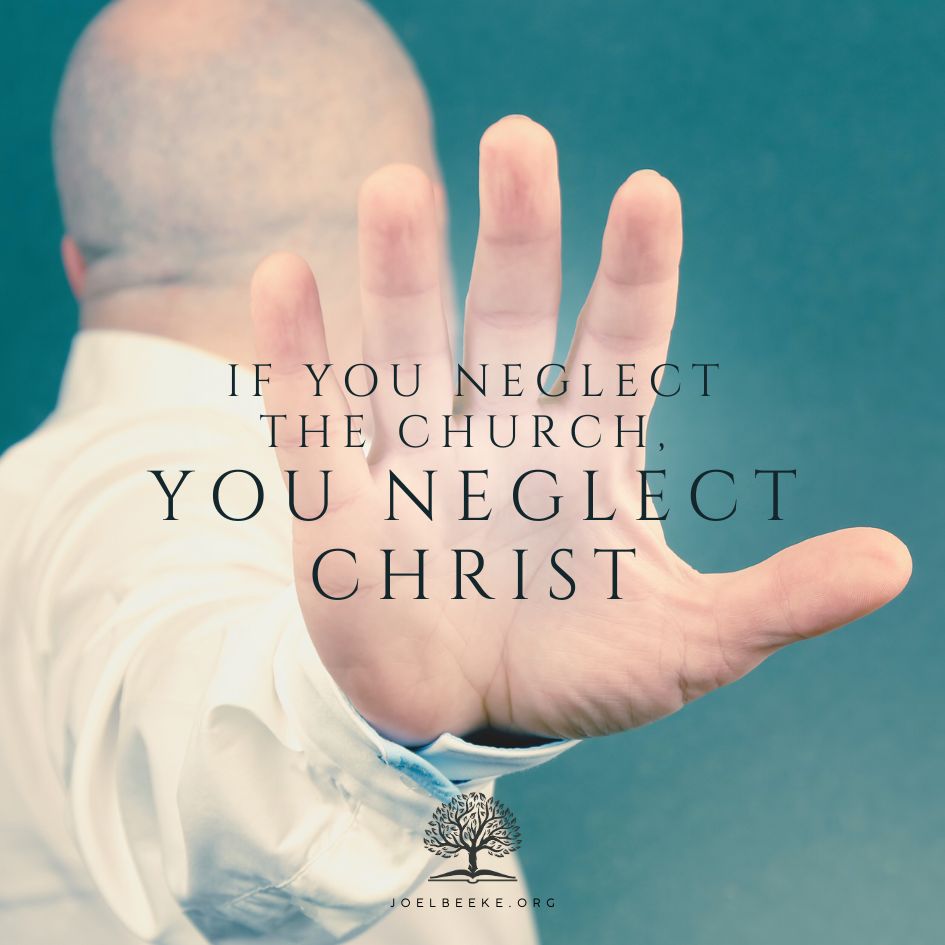
The Puritans often addressed the question, What is the place of the Law in the Christian life? We must consider the Puritans on the nature of the Law, the knowledge of it by man, and the relationship between the Law and sin.
Law Is God Exercising His Right to Command
What is the nature of the Law? All sorts of answers to this question may arise if man is seen as the measure of all things. The strong bent to humanism we see today was just as strong in the seventeenth century, and the Puritans rightly met this humanism with a robust doctrine of “the majesty of God, with its corollary in the doctrine of the law of God.” [Ernest F. Kevan, The Grace of Law: A Study in Puritan Theology (London: Carey Kingsgate, 1964; repr., Grand Rapids: Soli Deo Gloria, 1997), 50.]
The Puritans never thought about the Law as an abstract concept but as a part of their “awareness of the exalted Lawgiver: behind the lex (Law) stood the Legislator.” The Law of God is thus “the expression of Divine majesty.” [Kevan, 48. When the pagan nations see the majesty of God’s Law given to Israel, they cannot but see the majesty of the Lawgiver: “For what nation is there so great, who hath God so nigh unto them, as the LORD our God is in all things that we call upon him for? And what nation is there so great, that hath statutes and judgments so righteous as all this law, which I set before you this day?” (Deut. 4:7–8).] As Anthony Burgess summarized, “Law is law only if God be God.” [Anthony Burgess, The True Doctrine of Justification Asserted and Vindicated (London: A. Miller for Tho. Underhill, 1664), 2:379.]
The Law is God exercising His supreme will.
The Law is personal to God because it reflects the perfections of His nature [Kevan, The Grace of Law, 48.]. Because the Law is inseparable from God’s personal will and glory, it has a permanent quality from man’s creation onward [Kevan, 47.]. God’s Law is not like human laws, for when we break a human governor’s law, it does not violate his or her person—but, as Thomas Taylor wrote, “God and his image in the Law, are so straitly united, as one cannot wrong the one, and not the other.” [Thomas Taylor, Regula Vitae, The Rule of the Law under the Gospel (London, 1631), 233. Since the Law is “the immediate expression of His perfections, then whether ‘what God willed was right’ or ‘what was right God willed’ was irrelevant, for they must merge into one and the same thing” (77). The Puritans taught that we do right “from the simple motive of worshipping God in utter obedience” (77).] Since sin is the breaking of the Law of God, we should estimate it “not merely by intrinsic wrongness of the action” but by the offense it gives to God’s majesty. [Kevan, The Grace of Law, 251–52.] Sin is therefore always a personal affront to God, since the Law “bears the very character of God himself.” [Ferguson, The Whole Christ, 166.]
Excerpt From
God’s Grace Shining through the Law
Joel R. Beeke







